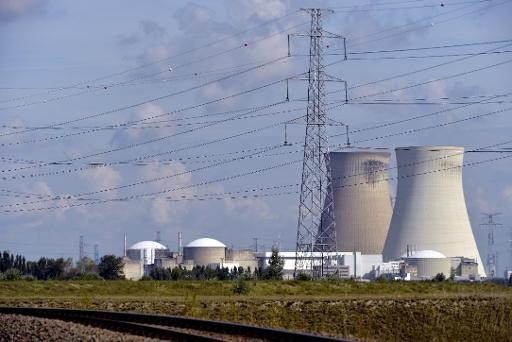Belgium's decision to keep reactors at one of its two remaining power plants running until 2025 failed to take into account potential environmental risks and impacts on nearby communities, the Court of Justice of the European Union ruled on Monday.
"The law adopted by Belgium to extend the activity of the nuclear reactors Doel 1 and Doel 2 was passed without carrying out the preliminary and required environmental studies," the court ruled.
In a statement, the court said that the decision to prolonge and renovate the reactors was likely to "physically" affect the sites concerned, adding that Belgium did not qualify for an exemption from conducting these impact studies.
The ruling comes after a 2015 decision to renovate the Doel 1 and 2 reactors in the eponymous nuclear complex in order to keep them running until 2025, date when the plant is expected to shut down for good.
The court said that the project's potential environmental risks could be scalably comparable to those linked to the activation of a new power plant, making it "imperative" for Belgium to carry out the necessary impact studies.
In addition, the proximity of the nuclear power plant to the Dutch border and to several natural areas under European protection also meant that its extended activity should also be subject to a European cross-border assessment procedure.
Belgium can still conduct the studies even after the renovations for the prolonged activity take place, provided that they remain in compliance with European directives and safety standards and that they do not disregard impact already caused since the decision was adopted, the court ruled.
A Belgian court may "exceptionally" maintain the decision if it can justify that it is necessary to avoid a "real and serious threat" of disruption to the country's power supply, a condition which would have exempted Belgium from carrying out the aforementioned studies but which, according to the court, was not the case here.
Gabriela Galindo
The Brussels Times

